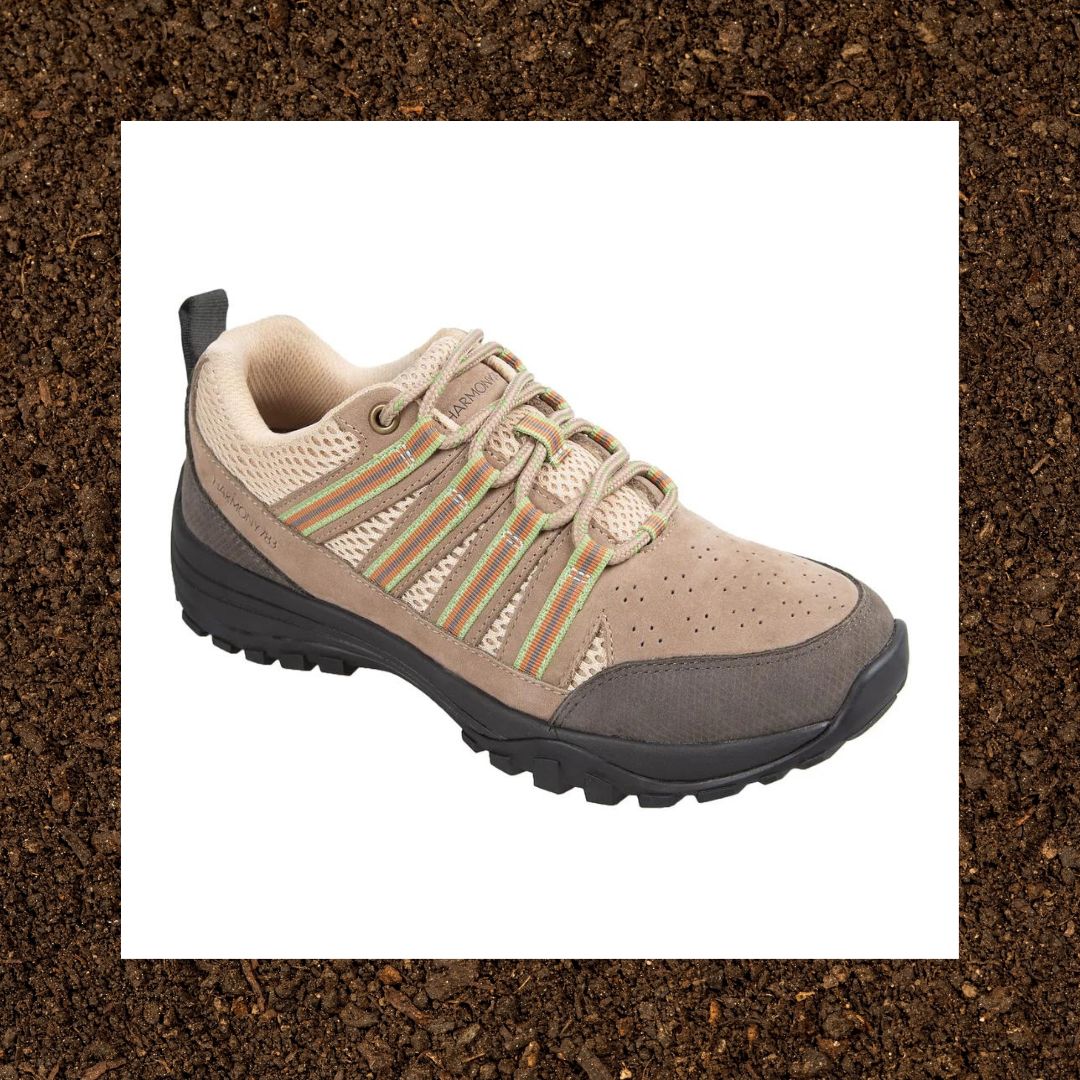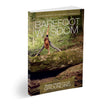Stress and anxiety are natural parts of life. When our stressors or negative thoughts reach a critical mass, we become overwhelmed and need solutions to reduce the impact on our lives.
One solution is free and simple to perform every day - grounding. But first, let’s examine how stress affects our physical and mental performance.
Why stress is bad for your body
Not all stress is bad; some is necessary for our survival. When stress consumes our thoughts or affects our physical or mental being, it can be detrimental to our overall health.
Too much stress can cause problems, such as:
- High blood pressure
- Fatigue
- Weakened immune system
- Poor quality of sleep
- Poor eating habits such as “stress eating” or having little to no appetite
On the other hand, some anxiety serves a purpose to help us react and protect ourselves in certain situations. Psychologists call this the “fight or flight” response.
It is common knowledge that too much stress can be devastating and significantly affect a person’s health and quality of life. For many who struggle with post-traumatic stress disorder, it can be truly challenging to keep anxiety under control.
Learning to manage both stress and anxiety is vital for our mental and physical well-being. Stress is a part of our lives, but it can be managed.
Some people thrive on the stressors that come with high-pressure lifestyles, jobs, and high-profile careers. Others seem to have a disproportionate amount of stress due to juggling work, family, caregiving duties, and other responsibilities. Regardless of the circumstances, everyone manages stress differently.
What is the best way to handle stress and anxiety to keep it manageable? There are countless techniques. One effective way to help reduce stress is free and simple— grounding, also known as earthing.
Why grounding is good for your body
Grounding is the act of connecting to the earth’s replenishing energy, enabling us to absorb electrons through direct bodily contact with the earth’s surface. This helps restore and revive our bodies.
We harness these electrons by reducing or eliminating the barriers between our bodies and the ground. Generations ago, in rural times when farming and agriculture were a way of life, people spent more time outside tending to their crops, which was beneficial.
Our contemporary lifestyles have slowly forced us to spend more time indoors and less time in nature, which is not ideal for our mental and physical state. Those who spend time outdoors and in nature do notice an improvement in how they feel.
In addition to spending time outside, Grounding techniques work for managing stress and anxiety, heart disease, chronic pain, inflammation, and insomnia.
How does grounding reduce stress?
Grounding reduces stress by reducing our levels of cortisol, commonly known as the stress hormone. There is no single grounding exercise or technique, just making bodily contact with the natural elements can noticeably reduce your stress and anxiety.
For instance, take a refreshing dip in a lake, river, or ocean. Dig in the garden. Hug a tree.
In as little as 20-30 minutes, you can notice a difference. Your heart rate slows, you feel calmer, and you may experience more clarity of mind.
“Grounding” literally means connecting to the ground, but the term is also used to describe a way to bring one’s racing, anxious thoughts back to the present to “ground” yourself, mentally.
Here are five ways these techniques can work together to reduce stress and ease anxiety.
1. Stay in the present moment.
Meditation teaches us to focus on our breath and turn our attention to the present. This is known as mindfulness.
Try not to let your mind wander to thoughts of negativity, your list of things to do, or what you should make for dinner tonight. Take in everything happening right now. Take some deep breaths. Feel better?
2. Touch or hold something from the earth.
Pick up a rock or touch a leaf on a tree. Rub your hand over a tree’s bark.
Notice the details of what you are touching—the little imperfections, grooves, notches, et cetera. What does it feel like? Is it rough or smooth? Warm or cold? Every living thing has its own energy, so handling these natural items certainly counts as practicing grounding!
3. Step out of your comfort zone.
Breaking a routine and getting away from the familiar can cause its own kind of anxiety. Venturing into the unknown can be scary, but it can also be good for you.
Think of it as rising to a new challenge. Trying something new and getting out of a mental “rut” forces you to shift your focus to the new activity.
Whether it’s agreeing to a nature hike, 5K walk/run, or volunteering for a cause you care about, it’s good to set a goal or do something kind for others to take your mind off your own worries.

4. Pay attention to your senses.
Tune into your senses the next time you’re outside and/or practicing grounding and experience the sights, smells, tastes, and sounds. Keep your eyes open to take in the view around you.
Now close them and shift to your other senses. What does it smell like? Do you smell campfires (if you’re camping), the fresh running water from a stream, or the unique scent of earth and greenery?
Tune into the sounds. Do you hear birds, the rustle of leaves, the rush of water? How about taste? Do your taste buds respond differently to being outside?
5. Walk barefoot or you can wear grounding shoes daily.
Remember how great it felt to wiggle your toes in the grass, dirt, or sand? It’s kind of like being a kid again, right? But not all of us have the opportunity to walk barefoot, which is why we designed grounding footwear - to keep people grounded as often as possible.
This Healthline article shares even more helpful ways to physically ground yourself when feeling emotionally and mentally overwhelmed.
If you are looking for a way to keep your stress and anxiety in check, give grounding a try. A growing number of scientific studies show how beneficial this practice can be for a range of ailments. In addition, it is an easy and inexpensive way to spend time in nature and calm your anxious mind.























